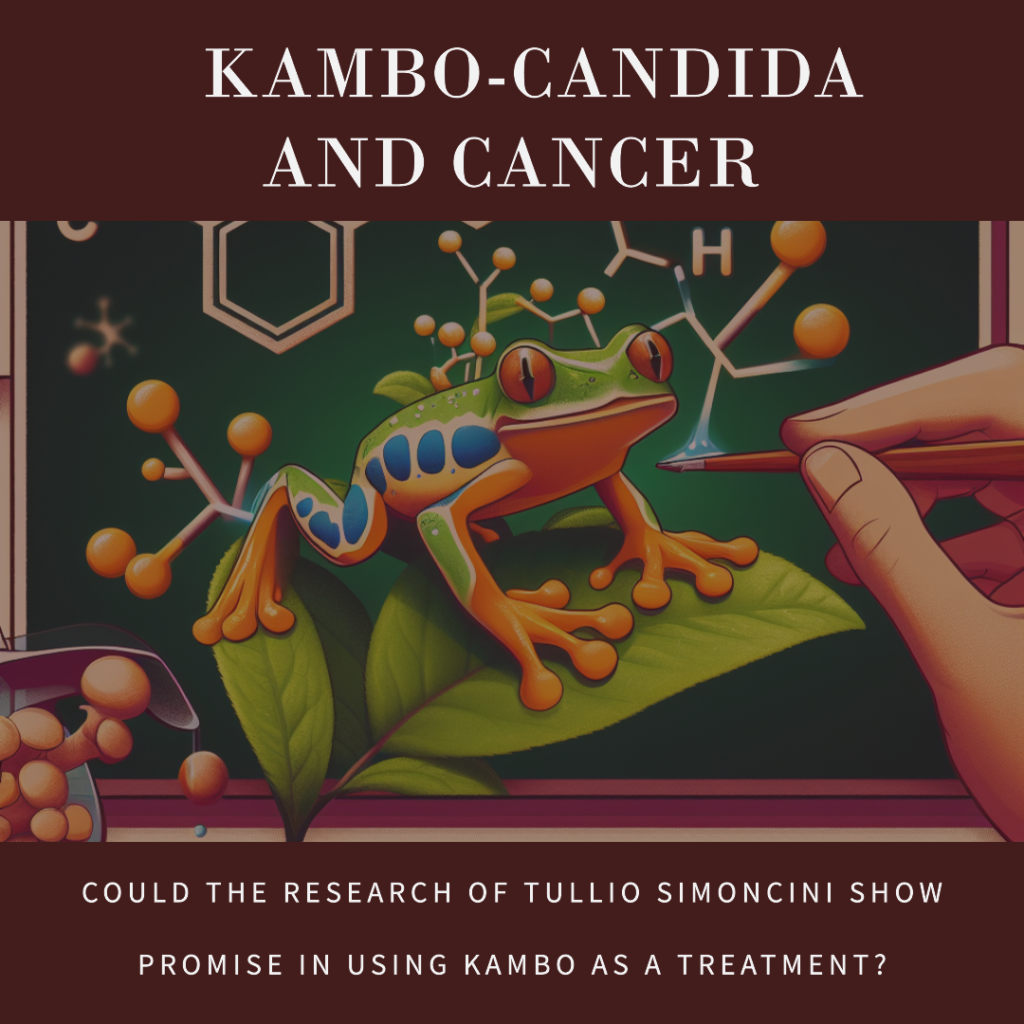
Tullio Simoncini and the Candida Albicans Hypothesis:
Tullio Simoncini, a former Italian physician born in 1951, is a controversial figure in alternative medicine. He is widely recognized for his unconventional belief that an overgrowth of the fungus Candida albicans primarily causes Cancer. Additionally, Simoncini has asserted that Cancer can be effectively treated using intravenous sodium bicarbonate. This article will delve into his research and the broader scientific perspective on his theories.
Simoncini’s background as an oncologist has come under scrutiny due to his unorthodox approach to treating Cancer with sodium bicarbonate. This has led to scepticism within the medical community. Critics argue that his divergence from conventional practices is a substantial factor in the mainstream medical establishment’s lack of acceptance of his work.
At the core of Simoncini’s theory is that Candida albicans, a common fungus in the human body, play a central role in cancer development. He proposes that Candida overgrowth can lead to the formation of cancerous growths, and his treatment method involves intravenous sodium bicarbonate to counteract this overgrowth. However, it is crucial to emphasize that this hypothesis has not gained significant support from peer-reviewed scientific studies.
In contrast to Simoncini’s assertions, the American Association for Cancer Research acknowledges an association between fungi, including Candida, and Cancer. However, it is essential to underline that this association does not equate to causation. Scientifically, the relationship between Candida and Cancer is still not fully understood, and researchers have not conclusively established a direct cause-and-effect connection.
While Simoncini’s theories have not gained widespread acceptance, it’s intriguing to explore the potential connection between his fungal hypothesis and the use of peptides found in Kambo for the treatment of fungal infections and the possible implications for cancer prevention or treatment.
Kambo, a substance derived from the secretions of the giant monkey frog, has gained attention for its potential medicinal properties, including its antimicrobial and antifungal characteristics. The peptides in Kambo, such as dermaseptin and phylloseptin, have been studied for their ability to combat a range of microorganisms, including fungi. These peptides are thought to disrupt the cell membranes of microorganisms, rendering them inactive.
Considering the fungal hypothesis of Cancer, where an overgrowth of fungi like Candida albicans is suggested as a potential cause, it’s reasonable to explore how Kambo’s antifungal properties might be beneficial. While the scientific evidence linking fungal infections to Cancer remains inconclusive, if a fungal component were indeed implicated in some cases, addressing fungal infections could be a potential avenue for cancer prevention or complementary treatment.
Here are a few ways in which the peptides in Kambo could theoretically contribute to the treatment or prevention of fungal infections, which may be tangentially related to the hypothetical fungal link to Cancer proposed by Simoncini:
1. Antifungal Properties: Kambo peptides, with their antimicrobial and antifungal properties, may help reduce the overgrowth of fungi like Candida, potentially preventing fungal infections or addressing them in cancer patients.
2. Immune System Support: Kambo is known to stimulate the immune system. A robust immune response is essential for the body’s ability to combat infections, including fungal ones. Strengthening the immune system can be valuable in cancer prevention and treatment.
3. Detoxification: Some proponents of Kambo suggest that it can aid in detoxification. If fungal overgrowth is linked to Cancer, detoxification of the body could play a role in cancer prevention.
It’s crucial to emphasize that while these connections between Kambo peptides and potential fungal infections or cancer prevention are speculative, they highlight the complexity of cancer research and the diverse approaches to understanding and addressing this complex disease. The scientific community continues to investigate the possible causes of Cancer, and while Simoncini’s theories have not been widely accepted, they stimulate important discussions about alternative perspectives and therapeutic possibilities.
